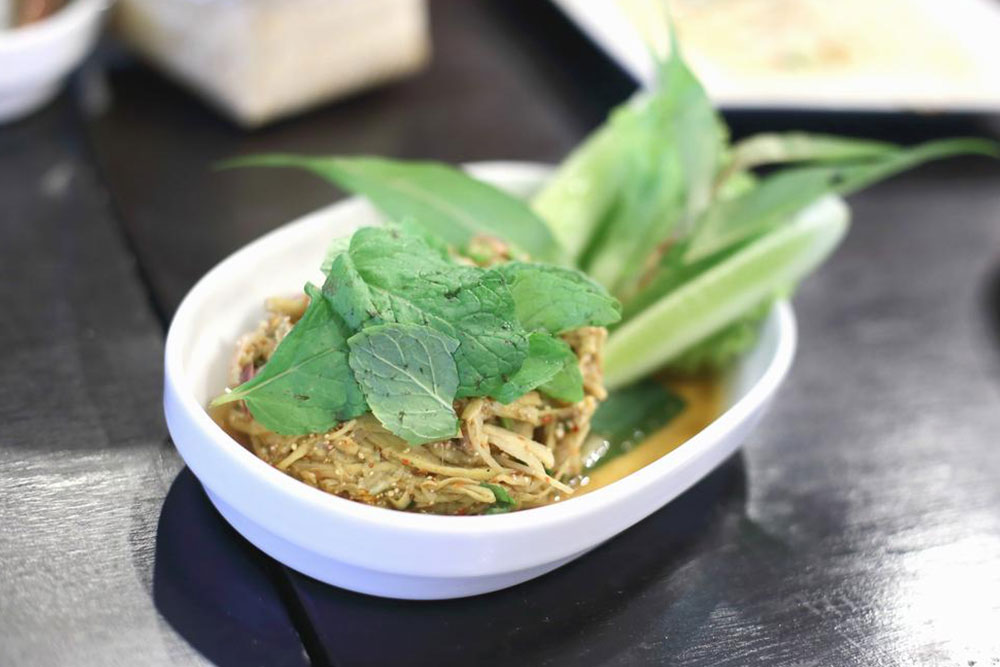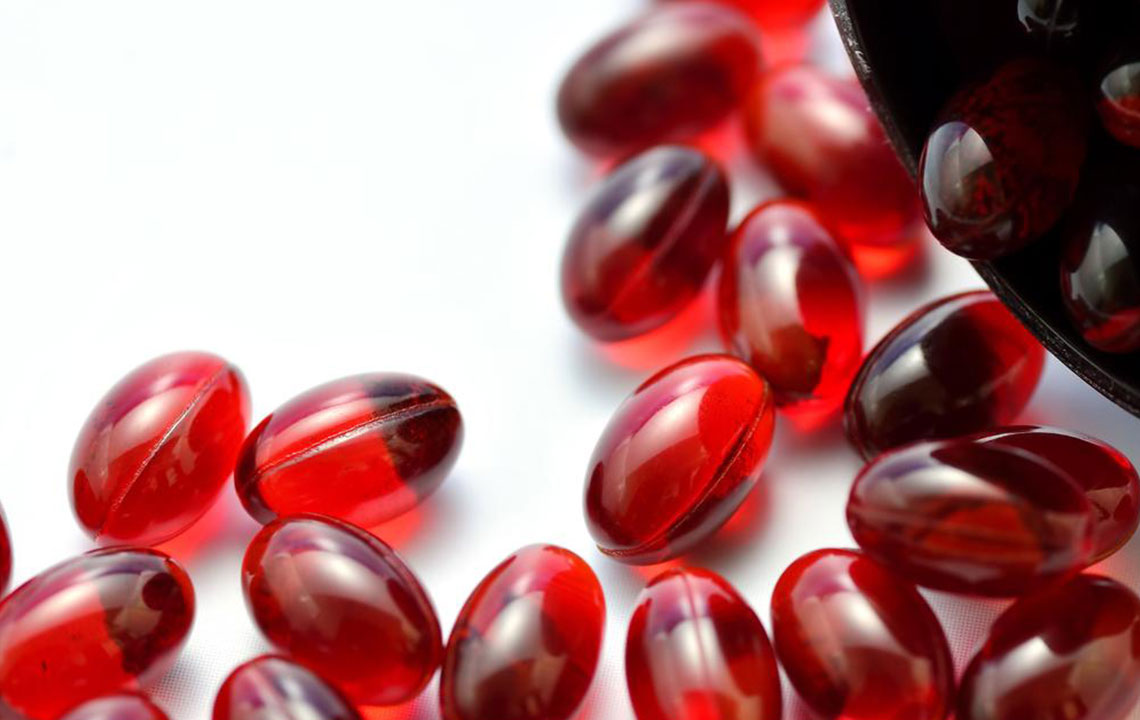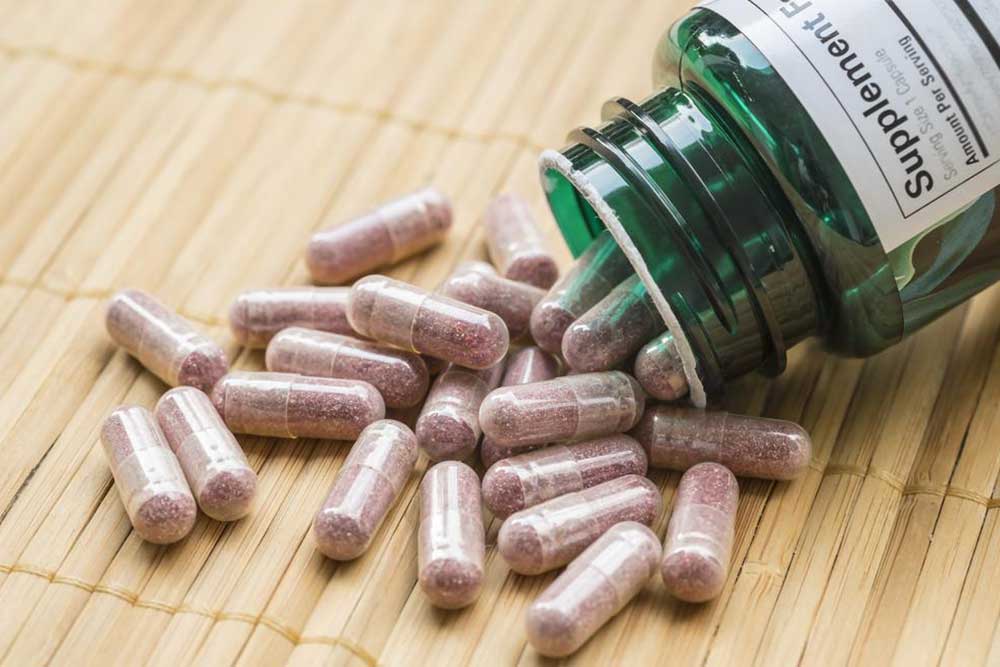Unlocking the Power of Prebiotic Foods for Optimal Digestive and Overall Health
Discover the vital role of prebiotic foods in promoting digestive health and overall wellness. Learn about the top prebiotic-rich foods, their benefits, and easy ways to incorporate them into your daily diet to boost immunity, support heart health, and reduce inflammation. This comprehensive guide highlights how prebiotics work synergistically with probiotics to enhance your gut microbiome and improve overall health, making them an essential part of a balanced diet for long-term wellness.

Unlocking the Power of Prebiotic Foods for Optimal Digestive and Overall Health
In recent years, maintaining a healthy gut has become a fundamental aspect of overall wellness. While probiotics have gained popularity for their role in supporting digestive health, prebiotics are equally vital in fostering a thriving gut microbiome. Prebiotics are specific types of dietary fibers that are indigestible by our own enzymes but serve as nourishing substrates for beneficial gut bacteria. Incorporating prebiotic-rich foods into your diet can significantly improve immunity, cardiovascular health, and reduce inflammation, paving the way for a healthier lifestyle.
This comprehensive guide explores what prebiotics are, their significance, and the top foods rich in prebiotics that you can easily add to your daily meals. Understanding the synergy between prebiotics and probiotics can empower you to optimize your digestive health and overall well-being.
What Are Prebiotics?
Prebiotics are specialized dietary fibers resistant to digestion in the upper gastrointestinal tract. Instead of being broken down before absorption, they travel unchanged to your colon, where they undergo fermentation by resident good bacteria, such as Bifidobacteria and Lactobacilli. This fermentation process produces short-chain fatty acids that nourish colon cells, inhibit pathogenic bacteria, and support immune function.
Understanding how probiotics thrive within your digestive system highlights the importance of prebiotics. Think of probiotics as beneficial bacteria that need a steady food source—prebiotics—to survive, multiply, and exert their positive effects. Without sufficient prebiotics, probiotic populations may dwindle, reducing their ability to aid digestion, synthesize vital nutrients, and modulate immune responses.
The Importance of Including Prebiotics in Your Diet
Prioritizing foods rich in prebiotics offers multiple health benefits, from supporting a balanced gut microbiome to lowering the risk of chronic diseases. Here, we delve into the compelling reasons to improve your prebiotic intake:
Cardiovascular Health: Prebiotics help improve cholesterol profiles by promoting the production of beneficial fatty acids, thereby lowering LDL cholesterol and triglycerides.
Immune System Boost: Fermentation of prebiotics enhances immune defenses, potentially decreasing the incidence of infections and certain types of cancer.
Cholesterol Regulation: Regular consumption can aid in balancing blood lipid levels, supporting heart health.
Weight Management: Prebiotics can increase feelings of fullness, helping individuals control calorie intake and prevent obesity.
Gut Inflammation and Discomfort Relief: They help reduce inflammation within the intestines, alleviating symptoms of digestive conditions like irritable bowel syndrome (IBS).
Many prebiotic-rich foods are abundant in diets across different cultures. Since prebiotics are forms of non-digestible fiber, foods high in dietary fiber typically contain prebiotics as well. Ensuring a variety of such foods in your daily intake can help maintain gut health and overall vitality.
Top Prebiotic Foods to Incorporate into Your Diet
Raw Garlic: Renowned for its antibacterial, antiviral, and anti-inflammatory properties, raw garlic is an excellent prebiotic source. Its inulin content fuels beneficial bacteria. Incorporate minced garlic into salads, dressings, hummus, or roasted dishes for a flavorful health boost.
Jerusalem Artichoke: Also called sunchoke, this root vegetable is rich in inulin, supporting beneficial gut bacteria. It can be eaten raw in salads or cooked in soups and stews, offering versatility in meal preparations.
Raw Dandelion Greens: These greens are powerhouses of antioxidants, Vitamin C, K, and inulin. They promote bowel regularity, support detoxification, and inhibit harmful bacteria. Slight blanching can reduce bitterness if preferred.
Raw Asparagus: Containing approximately 5% fiber by weight, raw asparagus has prebiotic properties, supports digestion, and provides essential B vitamins and folate. Add it to smoothies or salads for a crisp texture and health benefits.
Onions: Both raw and cooked onions contain sulfur compounds, vitamins, and antioxidants. They serve as a substantial prebiotic food that enhances gut health and boosts immune function.
Additional prebiotic sources include bananas, whole grains like oats and barley, honey, and raw leeks. Experts recommend aiming for roughly 5 grams of prebiotics daily to sustain optimal gut health. In cases where dietary intake is insufficient, prebiotic supplements are available—but consulting a healthcare professional before starting any supplementation is advisable.
Incorporating a variety of prebiotic foods into your diet is a straightforward and delicious way to support your digestive system and overall health. From enhancing immune function to boosting heart health and aiding weight management, prebiotics are essential components of a balanced diet.





